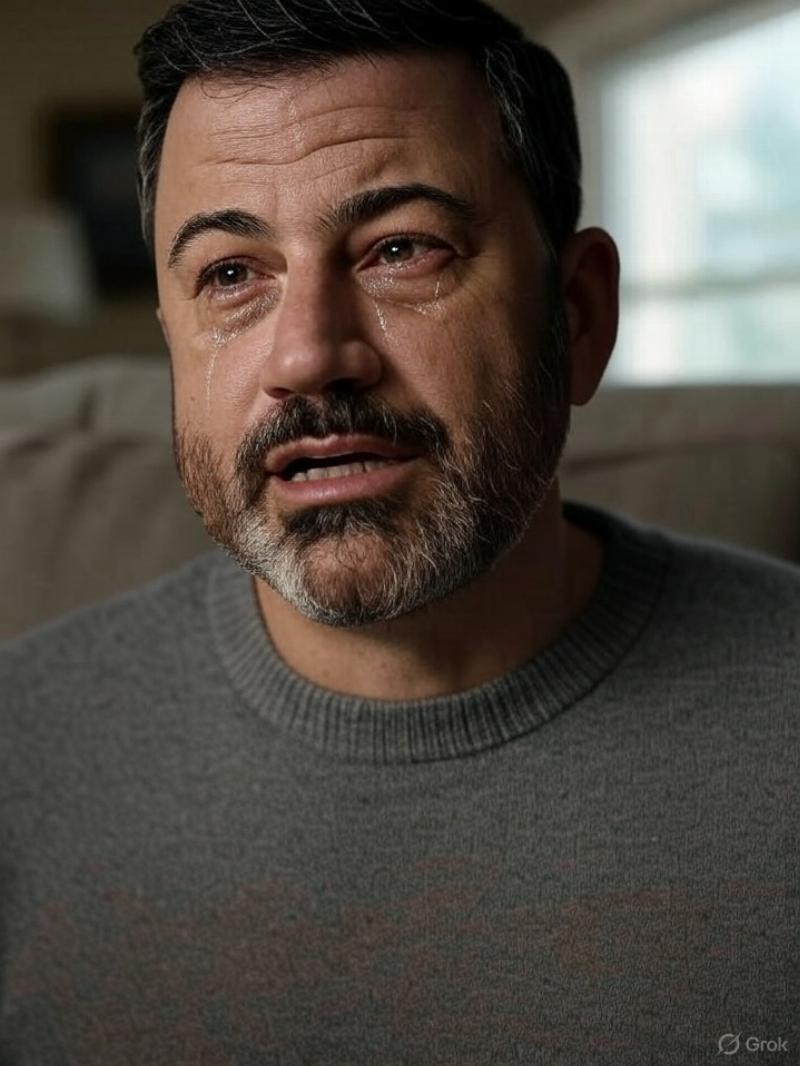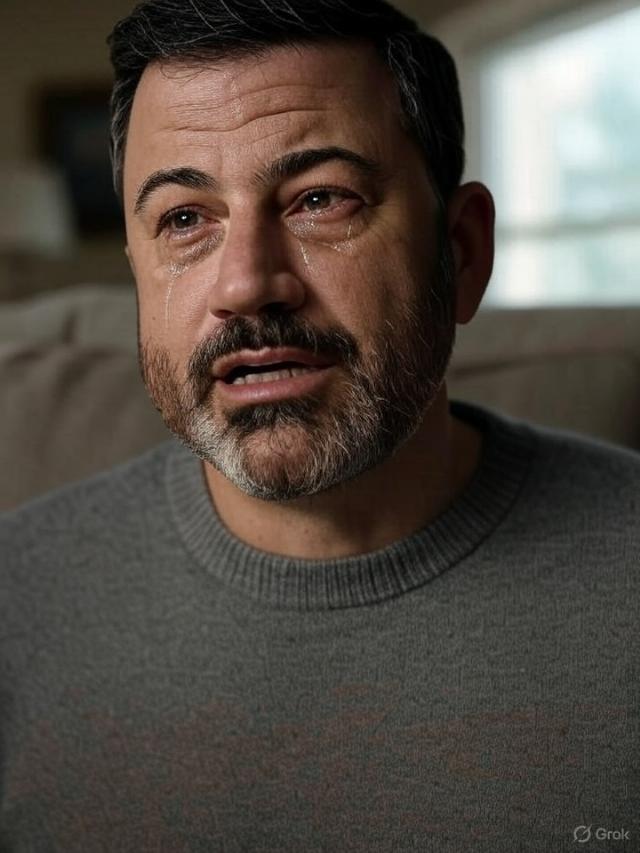


For years, conservatives lived under the constant threat of cancellation. A single wrong word, a traditional belief spoken aloud, or even a misinterpreted joke could mean the end of a career. Cancel culture wasn’t just an internet mob; it was a force that reshaped livelihoods, destroyed reputations, and silenced millions of voices across the country.
In 2018, at the height of the #MeToo movement and its broader social media outrage campaigns, this reality hit the right especially hard. A Cato Institute survey found that 77 percent of Republicans admitted they felt compelled to self-censor out of fear of job loss or social backlash. For conservatives, this wasn’t just cultural pressure; it was economic insecurity, where an offhand remark might jeopardize the very income that put food on the table.
When 2020 arrived, the surge of wokeness following nationwide protests and Big Tech’s enforcement of ideological conformity marked the zenith of cancel culture. The Heritage Foundation documented at least a dozen prominent conservatives fired or blacklisted that year for positions like opposing abortion causes or standing against leftist extremism. These were not marginal figures. They were professionals whose livelihoods were stripped away simply because they voiced opinions that clashed with progressive orthodoxy.
This was the atmosphere conservatives endured for years on end: a climate of fear, a stifling of free expression, and a steady erosion of economic opportunity for those unwilling to bend to the left’s demands.
That is why the events of September 2025 landed with such force. The assassination of Charlie Kirk, a conservative activist who had become one of the most visible defenders of the America First agenda, was more than a human tragedy. It was an eruption of violence against a man who embodied the very values the right had long felt punished for holding.
On September 10, Kirk stood before roughly 3,000 supporters at Utah Valley University. The rally was celebratory, with the 31-year-old tossing a hat to the crowd just moments before a sniper’s bullet tore through his neck. He collapsed in a pool of blood as chaos unfolded. Panicked attendees screamed, security rushed to carry his body away, first responders flooded the scene. The outdoor gathering, meant to be a testament to free political expression, became instead a reminder of how fragile safety could be for conservative voices.
What followed was almost as disturbing as the act itself: public celebrations of his death. Within hours, individuals in positions of authority, trust, and influence openly said shocking things about Kirk’s assassination. These were not fringe voices hidden in internet corners. They were professionals, academics, journalists, and government employees.
MSNBC analyst Matthew Dowd implied Kirk’s own rhetoric contributed to his murder. He was fired the next day. A U.S. Marine Corps recruiter, Captain Jacoby Williamson, posted a meme mocking Kirk as “another racist man popped.” He too was relieved of employment. Mark Sivek, a Las Vegas real estate board director, celebrated Kirk’s death online and was forced to resign.
The list only grew longer. A Secret Service employee, Anthony Pough, called the assassination “karma.” U.S. Army Major Bryan Bintliff, using the alias Bryan Harlow, cheered the murder and hinted at threats toward President Trump and Stephen Miller. A University of Miami neurologist, Michelle Bravo, claimed Kirk deserved his fate, comparing it to Middle East violence. Scott Stephens, an Army colonel, mocked Kirk’s death as tragic yet comforting. A Washington Post columnist, Karen Attiah, was fired after smearing Kirk with a false quote.
At Middle Tennessee State University, Laura Sosh-Lightsy, an assistant dean who said she had “ZERO sympathy” for Kirk, lost her position. Anthony P. Luke, Cleveland’s fire chief, was suspended for posting a cartoon about Kirk’s assassination. A Nasdaq strategist, Lisa Schmidt, was dismissed for praising the act. The Carolina Panthers terminated Charlie Rock, a PR official, for mocking Kirk online.
Each case represented not revenge for political disagreement, but accountability for refusing to oppose political violence. This was not conservatives finally embracing cancellation as a tool for silencing differences of opinion. It was polite society demanding that those entrusted with influence or authority never condone murder.
These firings and suspensions were barely a drop in the bucket compared to how many lower-profile individuals committed career suicide. All this was enough to mark a turning point. Cancel culture, once weaponized exclusively against the right, had begun to swing the other way. Viewpoint diversity was hardly being punished; furthering an environment of political violence was.
And then Jimmy Kimmel poured gasoline on the fire.
By 2025, Kimmel’s late-night show had been sliding for years. Viewership in May fell 24 percent among adults 18–49 compared to the prior quarter, the steepest decline in his peer group. Across the first quarter of this year, seven of nine late-night shows lost viewers, with Kimmel’s among the hardest hit. Audiences were tired of one-sided attacks on Republican voters. By July, his average audience was just 1.77 million, down 13 percent, raising questions about whether ABC could afford his multimillion-dollar salary and production costs.
On September 15, however, Kimmel went further than ratings missteps. During his monologue, he suggested Kirk’s assassin was part of the “MAGA gang,” directly contradicting reports of the shooter’s leftist leanings. The claim was not only false; it smeared the very movement Kirk represented and, moreover, Donald Trump’s supporters.
Backlash was swift. FCC Chairman Brendan Carr called it “the sickest conduct possible” and a deliberate effort to mislead the American people about the leftist ideology behind Kirk’s assassination, thereby threatening potential FCC action against ABC to enforce public interest standards. Nexstar Media Group, a powerful ABC affiliate owner, announced it would immediately preempt Kimmel’s show. Sinclair Broadcast Group suspended the program on its stations and demanded an apology, even urging him to donate to Turning Point USA as restitution.
On September 17, ABC itself suspended Jimmy Kimmel Live! indefinitely. The network cited his inflammatory comments about Kirk’s assassination, though mounting costs and collapsing ratings surely made the decision easier.
This was more than a media story. It was a cultural landmark. For the first time, cancel culture had turned against one of its earliest cheerleaders, not because of partisan disagreement, but because he dishonored a man murdered for his conservative politics. The left had long dismissed Republican complaints about cancellation as whining. Yet when they themselves cheered violence, or smeared its victim, the same rules were applied.
The distinction matters. Conservatives did not call for Kimmel’s removal simply because they disliked his jokes. The outrage arose because he mocked a man cut down by an assassin’s bullet and twisted the truth about who was responsible. When left-wing professionals and media figures celebrated Kirk’s death, they crossed a line no decent society can ignore.
Cancel culture began as a weapon against the right. Now, in a moment of tragic irony, it has caught the left in its snare. The shift is not arbitrary; it is rooted in cold, hard, rational, and relentless accountability. That makes this episode a watershed in American politics and culture.
Charlie Kirk’s assassination, and the response to it, may well be remembered as the moment the cancel culture shoe justifiably went on the other foot.
Dr. Joseph Ford Cotto hosts and produces News Sight, speaking the data-driven truth about economic and political issues that impact you. During the 2024 presidential election, he created the Five-Point Forecast, which correctly predicted Trump’s national victory and the outcome in all swing states. The author of numerous nonfiction books, Cotto holds a doctorate in business administration and is a Lean Six Sigma Certified Black Belt. During 2014, HLM King Kigeli V of Rwanda bestowed a hereditary knighthood upon him. It was followed by a barony the next year.

Image from Grok.
